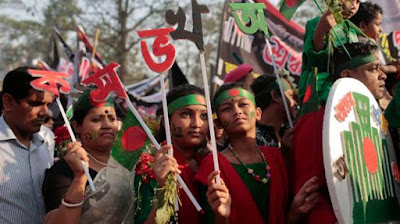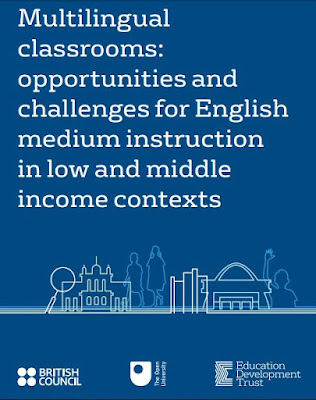We are often asked for research evidence with regards to the impact of MLE. Even though the below write up is not on a project in India, it seems to have enough similarity to make it relevant to take note of. The Endline survey of the pilot is showing that MLE children do better in particularly reading. In the article Building bridges through multilingual schooling: a mother-tongue pilot in East Timor is showing the way , Kerry Taylor-leech writes with enthusiasm about the classes she observed. “The children love it and I too am enjoying myself immensely.”. About the evaluation report she states: the survey compared children’s performance in EMBLI schools, government schools and Portuguese-immersion schools. Not surprisingly, the results show the benefits of learning in a language a child understands best. EMBLI children showed marked gains compared to the other children, especially in reading



